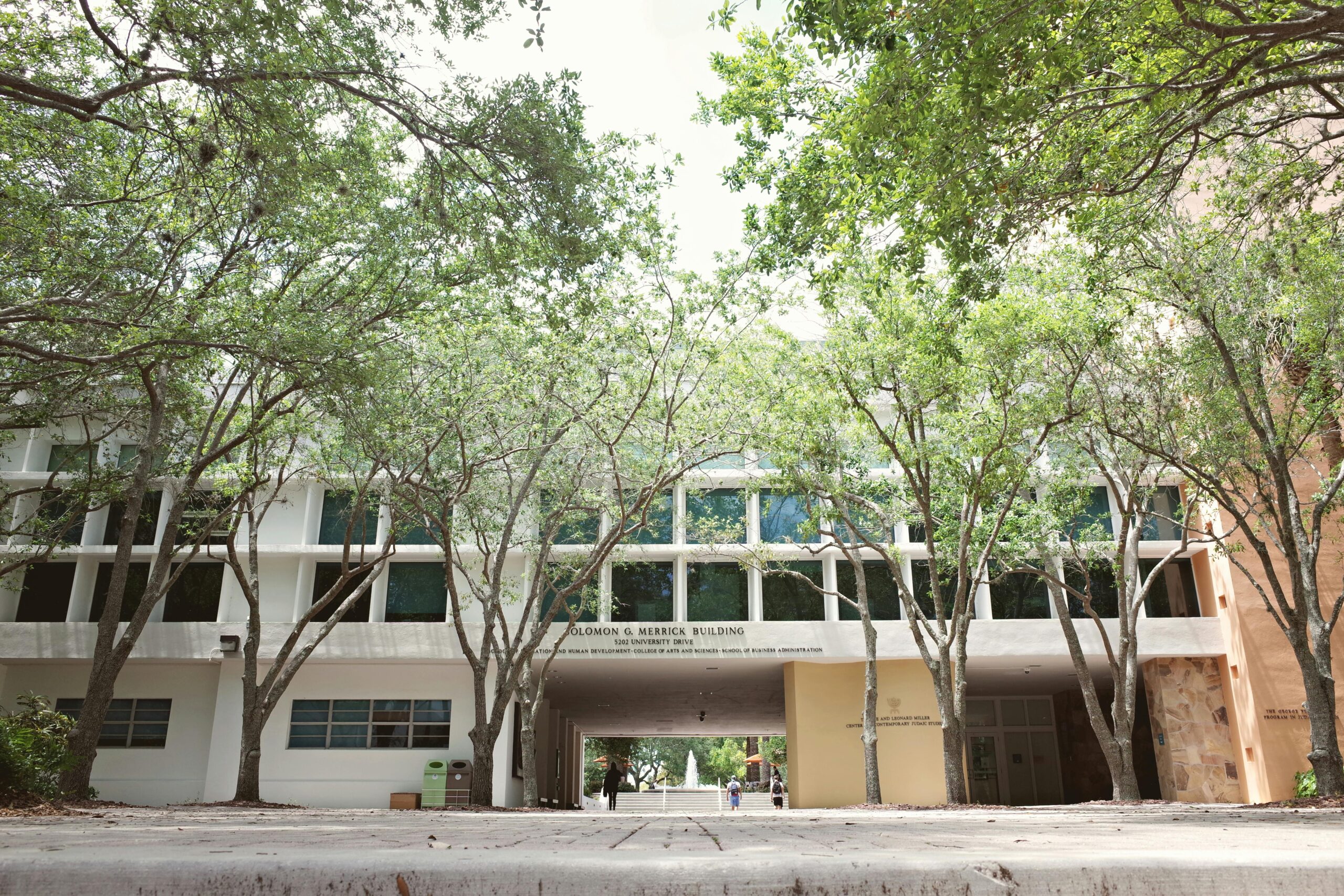Introduction: What Is a Campus?
A campus is the physical area or grounds where an educational institution, such as a university or college, is located. It typically includes classrooms, libraries, dormitories, recreational facilities, and administrative buildings. The campus is more than just a place to study—it’s a vibrant community that fosters learning, social interaction, and personal growth.
The Importance of Campus Life
Campus life plays a vital role in the overall educational experience. It provides students with opportunities to:
- Engage with peers through clubs, sports, and events
- Access academic resources like libraries and labs
- Develop independence and life skills by living on campus
- Build networks that support personal and professional growth
- Participate in cultural and social activities
A well-designed campus can enhance student satisfaction and academic success.

Features of a Modern Campus
Modern campuses are evolving to meet the needs of today’s students and educators. Common features include:
- Academic buildings: Equipped with smart classrooms and technology
- Libraries: Offering vast collections and digital resources
- Residence halls: Comfortable and safe living spaces for students
- Recreational facilities: Gyms, sports fields, and wellness centers
- Dining options: Diverse food courts and cafes
- Green spaces: Parks and gardens for relaxation and study
Technology integration and sustainability practices are becoming standard on many campuses.
Campus Safety and Accessibility
Ensuring a safe and accessible campus is a top priority for institutions. Measures often include:
- 24/7 security patrols and surveillance systems
- Emergency response services and safety apps
- Accessible pathways and facilities for students with disabilities
- Health services including counseling and medical care
A secure environment promotes peace of mind and allows students to focus on their studies.
The Role of Campus in Student Development
Campus life supports not only academic growth but also emotional and social development. Students learn teamwork, leadership, and communication skills through participation in student government, clubs, and volunteer activities. These experiences prepare them for success beyond graduation.
Virtual Campus: The New Frontier
With advances in technology and the rise of online education, the concept of a campus is expanding. Virtual campuses provide digital platforms where students can attend classes, access resources, and connect with peers remotely. While different from physical campuses, virtual campuses offer flexibility and accessibility.
Conclusion: Campus as a Hub of Opportunity
A campus is much more than buildings and grounds—it’s the heart of the educational journey. By providing a supportive environment, diverse opportunities, and a sense of community, campuses empower students to thrive academically and personally. Whether physical or virtual, a great campus experience shapes lifelong memories and skills.










